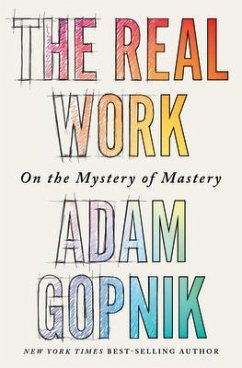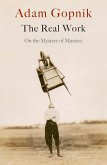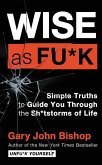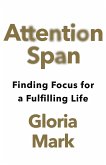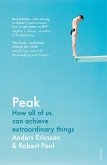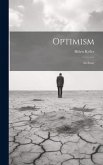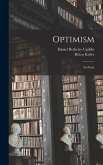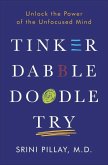For decades, Adam Gopnik has been one of our most beloved writers, a brilliantly perceptive critic of art, food, France, and more. But recently, he became obsessed by a fundamental matter: How did the people he was writing about learn their outlandish skill, whether it was drawing a nude or baking a sourdough loaf? In The Real Work - his title the term magicians use for the accumulated craft that makes for a great trick - Gopnik apprentices himself to an artist, a dancer, a boxer, and even a driving instructor (from the DMV), among others, trying his late-middle-age hand at things he assumed were beyond him. He finds that mastering a skill is a process of methodically breaking down and building up, piece by piece - and that true mastery, in any field, requires mastering other people's minds. Exuberant and profound, The Real Work is ultimately about why we relentlessly seek to better ourselves in the first place.
Among the uplifting pleasures of Gopnik's writing is the range and ardour of his enthusiasms. If his only truly fanatical pursuit is making sentences, he seems to intuit that his best ones - his truest - are those that are unselfconsciously committed to their subject, and vitalised by the passionate curiosity that also reins them in New Statesman

